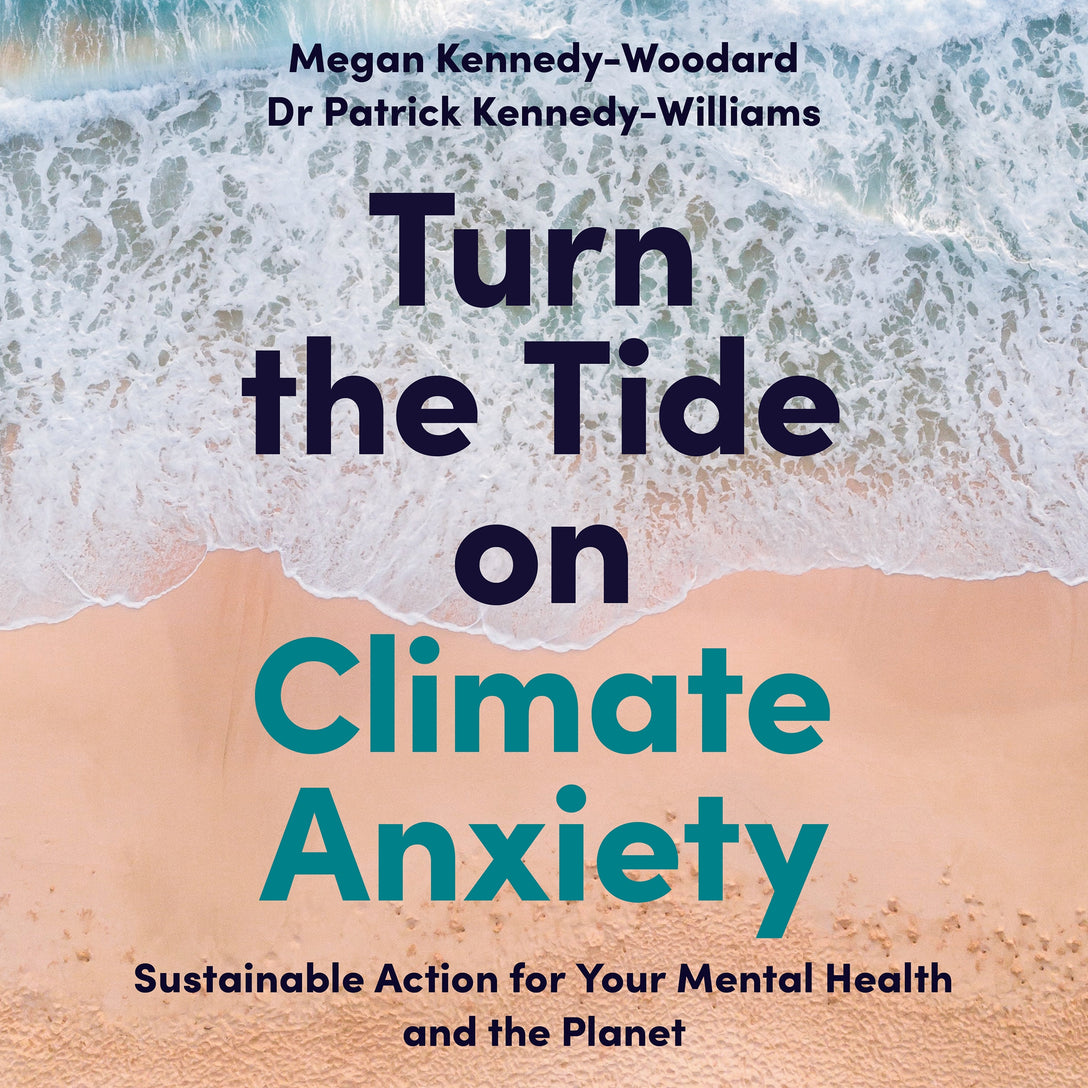


Press Reviews
Michael Mann, Distinguished Professor of Atmospheric Science at Penn State University and author of “The New Climate War"
When it comes to climate action, the obstacles we face are no longer technological, they are primarily political and psychological in nature. Read "Turn the Tide on Climate Anxiety" and better understand those obstacles-doom, denial, and defeatism-- and how to circumnavigate them.
Prof. Mark Maslin - a deeply worried climate scientist and author of 'How To Save Our Planet: The Facts' (Penguin 2021)
Are you losing sleep worrying over the Climate Crisis? I am. Do you feel powerless when confronted but such a huge global issue? I do. Is Climate Change starting to affect your mental health? If so, panic not, help is at hand with the brilliant book 'Turn the Tide on Climate Anxiety' which acknowledges that climate anxiety is a real issue, empowers the reader to handle this anxiety and to use to it to make meaningful changes to the world around us.
Sarah Wilson, journalist and New York Times bestselling author of This One Wild and Precious Life
The science is in, the reality is here and the noble challenge of the climate movement now is to help fellow humanity embrace their eco-anxiety and transform it into action...and build a more vibrant, productive and humane "normal". Turn the Tide takes us on the journey to this wild and hopeful alchemy.
Nathan Grossman, Documentary filmmaker, director of ‘I am Greta’
Turn the Tide on Climate Anxiety is a very interesting and empowering book that has given me new methods for handling and understanding climate anxiety in a comprehensive way.
Susan Clayton, Professor of Psychology and Environmental Studies at the College of Wooster
We all have a role to play in addressing climate change. This volume, both highly informed and highly readable, helps to understand the complex and sometimes uncomfortable emotions that accompany that role. Climate anxiety can be an opportunity that prompts us to strengthen our relationship with the earth.
Joe Duggan, science communicator, founder and coordinator of Is This How You Feel
Turn the Tide on Climate Anxiety is an important book for an important audience. If you are aware of climate change, aware of what you need to do to address the issue but need a little help with the how, then start here. Galvanise yourself, look after yourself and turn anxiety into action.
Prof. Martin Milton, Chair of Division of Counselling Psychology Climate and Environmental Crisis workstream (British Psychological Society), author of The Personal is Political: Stories of difference and psychotherapy
As more and more people become aware of the reach of climate change, the need for attuned and evidenced support increases. Kennedy-Woodward and Kennedy-Williams perfectly timed, and much needed book offers a clear and accessible text to help readers understand the range of emotional responses, refrain from pathologising these in anyway and find ways to move from anxiety to action. Sadly, this book is likely to become more and more important as time goes on.


